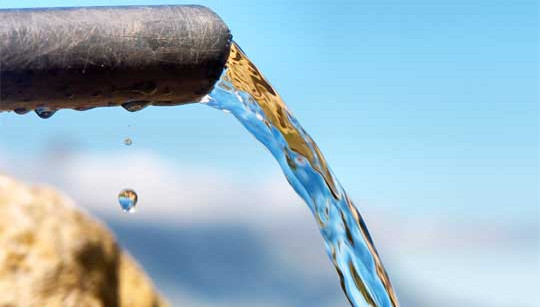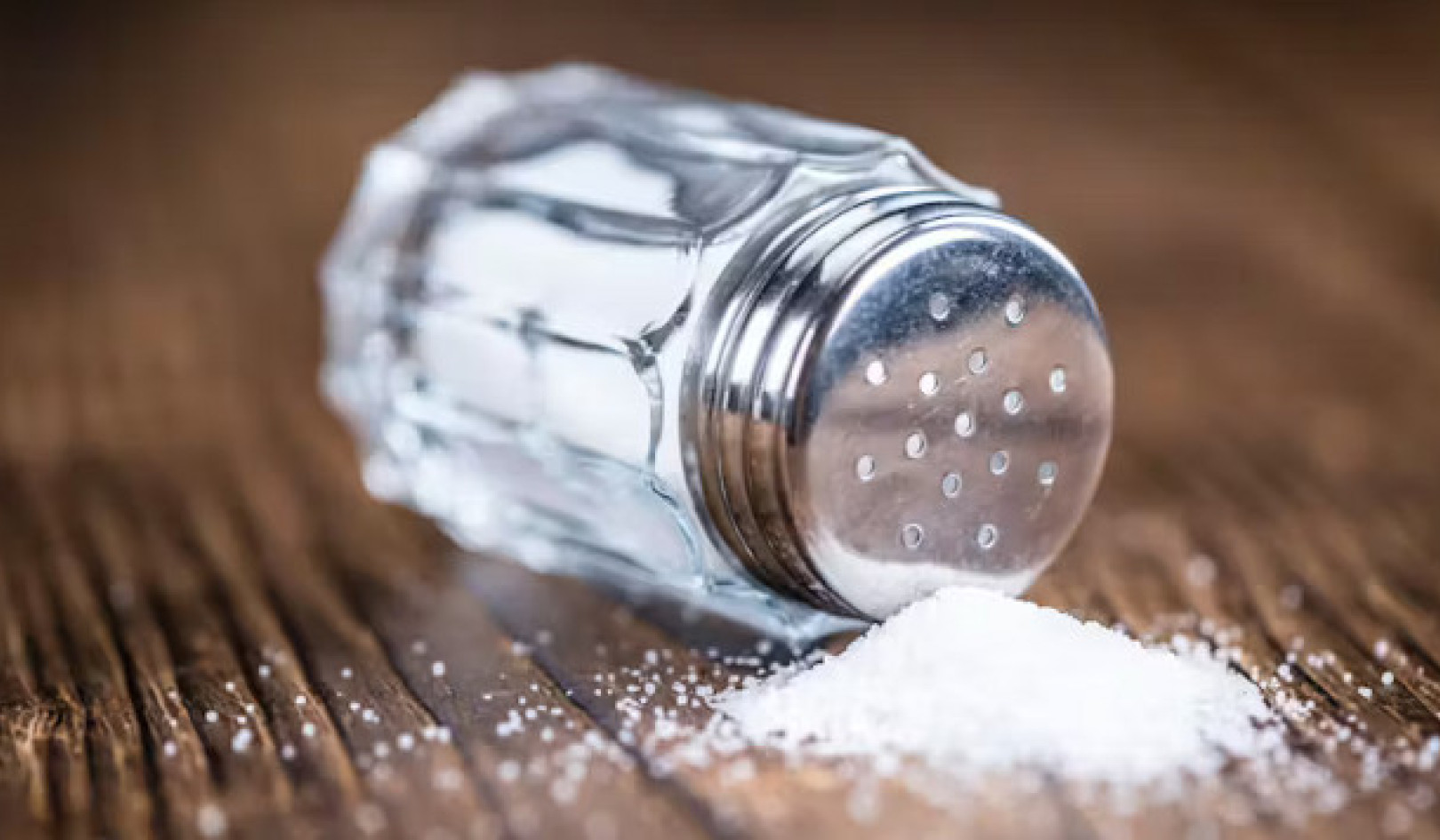
"People who live in rural areas and who use private wells need to have their well water tested, particularly if they are thinking about becoming pregnant," Jean Brender says.
Water doesn’t have to smell or look wrong to be dangerous—especially to embryos in the first few weeks of development. A new study links three contaminants—nitrates, atrazine, and arsenic—to birth defects, and cautions people who get their drinking water from private wells to consider having them tested.
“We know what’s in our public water supply, but many people are on private wells for their drinking water, and those wells aren’t routinely tested,” says Jean D. Brender, professor emeritus at the Texas A&M Health Science Center School of Public Health.
Her work has shown that women who drink primarily from these private sources, especially in rural areas, may be most at risk.
Previous studies have found that women who had babies with birth defects—such as limb deficiencies, cleft palate, and cleft lip—were almost two times more likely than other new mothers (those having babies without major birth defects) to have ingested water with large amounts of nitrate, a component in many common synthetic fertilizers, during their pregnancies.
The new study, published in Current Environmental Health Reports, finds that atrazine and arsenic may also be linked to birth defects.
Atrazine, commonly used to grow corn, can leech into the soil and into drinking water sources. Arsenic is also a problem in drinking water in Texas, even in municipal systems, but that may be due to naturally occurring sources in the bedrock, rather than agricultural use. Still, it may cause problems, especially because the current “safe” levels of arsenic have been computed for cancer risk, not reproductive harms.
Test the water
Still unclear is what happens when two or more of these substances get into the water, Brender says. For example, nitrate and atrazine often occur together as contaminants in drinking water, and these two chemicals can react together to form a compound called N-nitrosoatrazine.
In a recent study of animal models exposed to N-nitrosoatrazine, investigators at the University of Nebraska Medical Center observed numerous birth defects, including heart, neural tube, abdominal, eye, and other defects.
“People who live in rural areas and who use private wells need to have their well water tested, particularly if they are thinking about becoming pregnant,” Brender says. “If testing shows the water does exceed acceptable limits for any of these chemicals, they would want to use an alternative source of water.”
Women whose drinking water source is from a private well should consult with their local health department to determine a water testing facility or call the federal Safe Drinking Water Hotline.
Those who are on city water can easily find reports of contaminants. Suppliers are required to periodically test their water for these compounds and must make the results available. Women who are still worried can filter their water or buy bottled.
“When we were working on our NIH-funded study of nitrate and birth defects, we were missing information about nitrate levels in the bottled water,” Brender says.
“We traveled all over Iowa and Texas, to the grocery stores within a few miles of where the women in the study lived, and collected samples to test. We found, without exception, that the nitrate levels in the bottled water were well below the Environmental Protection Agency (EPA) standard for drinking water, so we are fairly confident that nitrate levels in bottled water are low.”
Peter Weyer, of the University of Iowa, is a study coauthor.
Source: Texas A&M University
Related Books
at

Thanks for visiting InnerSelf.com, where there are 20,000+ life-altering articles promoting "New Attitudes and New Possibilities." All articles are translated into 30+ languages. Subscribe to InnerSelf Magazine, published weekly, and Marie T Russell's Daily Inspiration. InnerSelf Magazine has been published since 1985.

Thanks for visiting InnerSelf.com, where there are 20,000+ life-altering articles promoting "New Attitudes and New Possibilities." All articles are translated into 30+ languages. Subscribe to InnerSelf Magazine, published weekly, and Marie T Russell's Daily Inspiration. InnerSelf Magazine has been published since 1985.


























